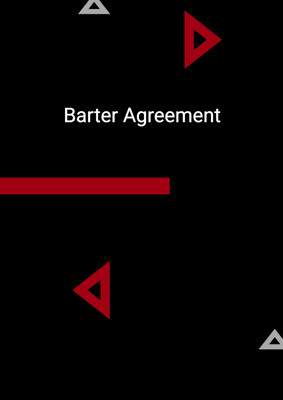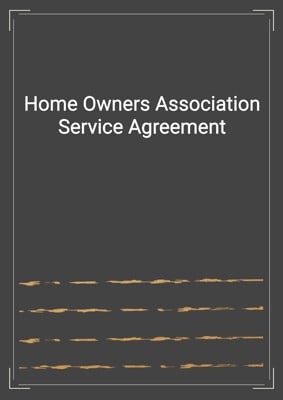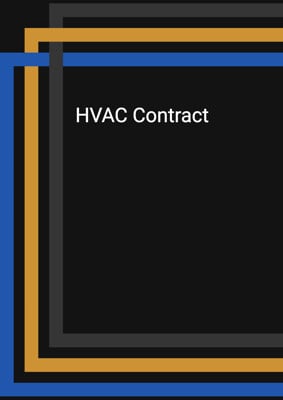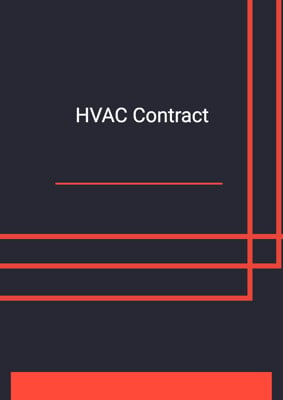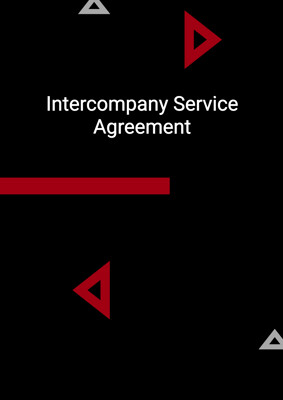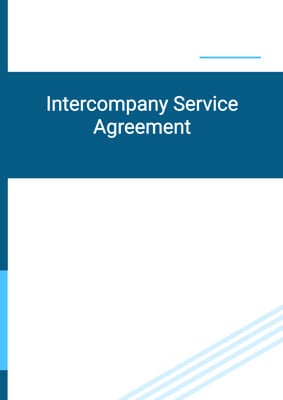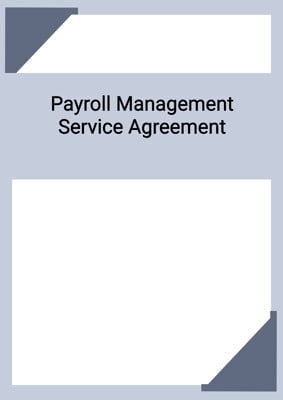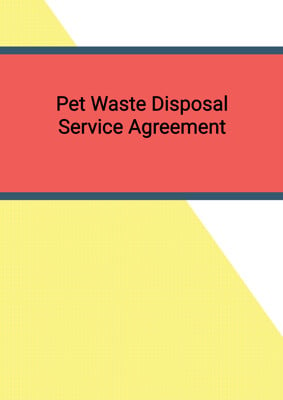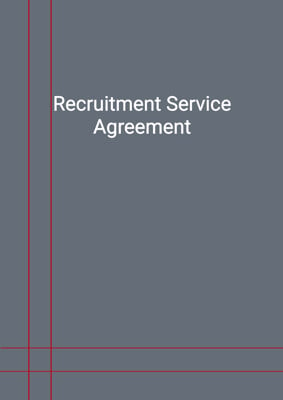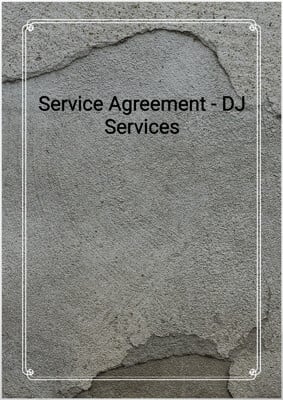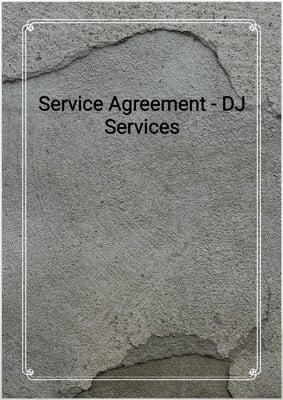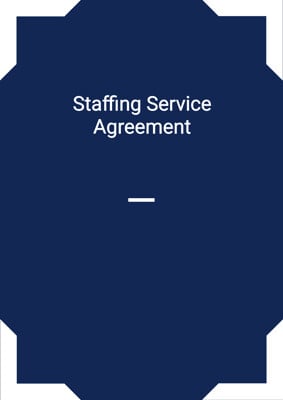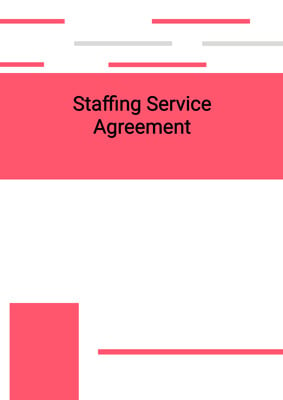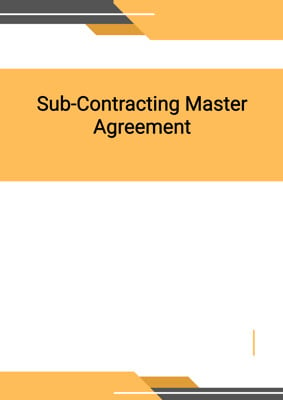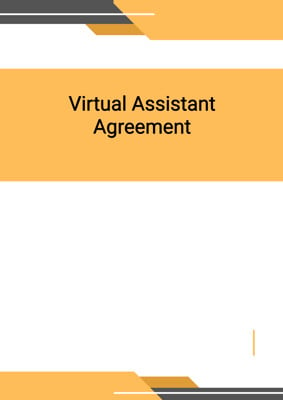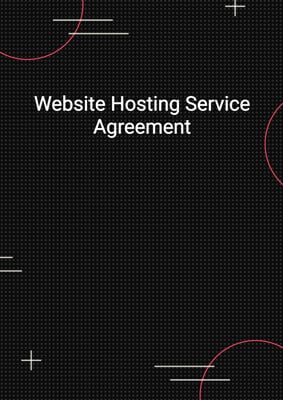How to Tailor the Document for Your Need?
01
Create Document
Fill in the details of the parties. You can click the "Fill with Member’s Information" button to complete it with information saved to your account.
02
Fill Information
Please fill in any additional information by following the step-by-step guide on the left hand side of the preview document and click the "Next" button.
03
Get Document
When you are done, click the "Get Document" button and you can download the document in Word or PDF format.
04
Review Document
Please get all parties to review the document carefully and make any final modifications to ensure that the details are correct before signing the document.
Document Preview
Document Description
The Website Hosting Service Agreement is a legally binding document that outlines the terms and conditions between the company (Party 1) and the client (Party 2) regarding the provision of website hosting services. The agreement highlights the importance of the document by emphasizing the need for clear and concise terms to ensure both parties are aware of their rights and obligations.
The entire document is divided into several sections, each addressing specific aspects of the agreement. The first section, titled 'Interpretation,' provides definitions for key terms used throughout the agreement, ensuring clarity and understanding.
The second section, 'Company's Obligations,' outlines the responsibilities of the company in providing the services. It emphasizes the company's commitment to delivering the services in a professional and diligent manner, adhering to industry standards and good commercial practice.
The third section, 'Client's Obligations,' details the responsibilities of the client in cooperating with the company and providing the necessary software, hardware, and other services required to access the system.
The fourth section, 'Completion of the Work,' emphasizes the importance of timely completion of the services. It provides provisions for the completion date, extensions, and liquidated damages in case of non-completion.
The fifth section, 'Service Fees,' outlines the payment terms and schedule for the services. It specifies the invoicing process, due dates, late charges, and any additional expenses incurred by the company.
The sixth section, 'Warranties and Indemnities,' addresses the warranties provided by the company and the client's responsibilities regarding the content posted on the website. It also disclaims any liability for interruptions, errors, or viruses in the services.
The seventh section, 'Term and Termination,' defines the duration of the agreement and the conditions under which either party can terminate it. It also specifies the consequences of termination, including the return of properties and any outstanding balances.
The eighth section, 'Ownership of Materials,' clarifies the ownership rights of the website and intellectual property. It prohibits the unauthorized use of the client's intellectual property and establishes the client's responsibility for securing necessary licenses.
The ninth section, 'Confidential Information,' imposes obligations on both parties to keep confidential any information disclosed during the agreement and outlines exceptions to this obligation.
The tenth section, 'Announcements/Publicity,' requires prior written approval for any announcements or disclosures related to the agreement, except as required by law.
The eleventh section, 'Amendment,' states that any variations to the agreement must be in writing and signed by both parties.
The twelfth section, 'Assignment,' prohibits the assignment or sub-contracting of the agreement without prior written consent.
The thirteenth section, 'Severability,' addresses the invalidity or unenforceability of any provision and the negotiation of substitute provisions.
The fourteenth section, 'Further Assurance,' obligates the parties to perform any further acts or execute additional documents necessary to implement the agreement.
The fifteenth section, 'Warranty of Capacity and Power,' represents each party's authority and capacity to enter into and fulfill the obligations of the agreement.
The sixteenth section, 'Force Majeure,' exempts the parties from liability for failure or delay in performing obligations due to causes beyond their control.
The seventeenth section, 'No Rights under Contracts for Third Parties,' clarifies that third parties have no right to enforce the terms of the agreement.
The eighteenth section, 'Arbitration and Proper Law,' encourages the parties to resolve disputes amicably and states that the proper law governing the agreement is to be determined.
The nineteenth section, 'Notices and Service,' specifies the methods and deemed delivery times for serving notices between the parties.
The twentieth section, 'Counterparts,' allows the agreement to be executed in multiple counterparts, each of which is considered an original document.
In summary, the Website Hosting Service Agreement is a comprehensive document that covers all aspects of the relationship between the company and the client regarding website hosting services. It ensures clarity, defines rights and obligations, and provides mechanisms for dispute resolution and termination.
How to use this document?
1. Provide information: Enter the Contractor's and Customer's information in the agreement, including their principal place of business. This ensures that both parties are clearly identified.
2. Specify price and completion date: Clearly specify the agreed price and completion date of the work to be carried out by the Contractor. This will ensure that both parties are aware of the expectations and deadlines.
3. Describe services: Clearly describe the type(s) of services to be provided by the Contractor. This ensures that both parties are aware of the scope of work and can avoid any misunderstandings.
4. Agree on length of warranty and time of payment: Both parties should agree on the length of warranty and time of payment after the completion of the work. This ensures that both parties are aware of the payment terms and the length of the warranty.
5. Specify damages: If the work is not completed by the completion date, specify the amount of damages per week that the Customer is entitled to. This ensures that both parties are aware of the consequences of non-completion.
6. Follow the company's obligations: The company should engage in the best and commercially reasonable efforts to provide the services to the client. They should provide the services in a professional and diligent manner, complying with all applicable laws and regulations.
7. Fulfill the client's obligations: The client should cooperate with the company and provide all necessary software, hardware, and information required for the services. They should also ensure compliance with the company's system security policies.
8. Complete the work on time: Both parties should prioritize timely completion of the services. If there are any delays or problems, they should be promptly communicated and addressed.
9. Pay service fees on time: The client should adhere to the payment schedule and ensure timely payment of the service fees. Late payments may incur additional charges.
10. Protect intellectual property: The company should not use the client's intellectual property without written consent. The client should ensure they have secured all necessary licenses for the content posted on the website.
11. Terminate the agreement if necessary: Either party can terminate the agreement with proper notice if there are breaches or failures to perform obligations. The termination should be done in accordance with the terms of the agreement.
12. Maintain confidentiality: Both parties should keep confidential any information disclosed during the agreement, unless required by law or with the other party's consent.
13. Seek prior approval for announcements: Any announcements or disclosures related to the agreement should be approved by both parties, except as required by law.
14. Resolve disputes amicably: The parties should make reasonable efforts to resolve any disputes through negotiation and good faith.
15. Serve notices properly: Notices should be served in accordance with the agreed methods and deemed delivery times.
16. Seek legal advice if needed: If there are any uncertainties or concerns regarding the agreement, it is advisable to seek legal advice to ensure compliance and protect the interests of both parties.
Not the right document?
Don’t worry, we have thousands of documents for you to choose from:







